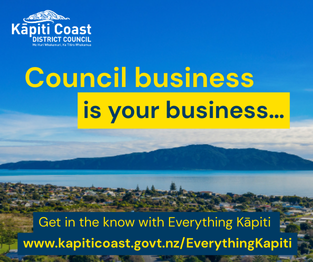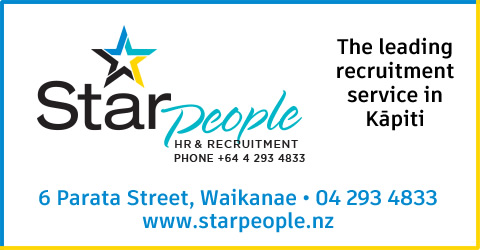
Mayoral candidate Liz Koh says Kāpiti Coast District Council must focus on reducing debt and interest costs.
“The recent performance benchmarking report for Councils released by the Department of Internal Affairs showed that Council’s 2024 net debt was just under $200million – that’s around $8,000 per ratepayer. This compares to an average of less than $100million for similar sized Councils such as New Plymouth, Waikato and Taupo.

“Interest costs were over $9million in the year to 30 June 2024 and are estimated in the 2024-25 Annual Plan to be around $12million which is about $450 per ratepayer per annum.”
“If we are going to address the issue of rates affordability we have to get debt and interest costs down’ says Ms Koh.
“I cannot understand people commenting on small amounts of Council expenditure when the big issues are debt and interest.
“Any reasonable person with an $8,000 mortgage who understands good financial management would not leave that mortgage as interest-only; they would pay off the principal as well as the interest. The only way to achieve that for Council is for rates revenue to be higher than operating costs. This is the basis of Council’s Financial Strategy for 2024-2034 which was approved in June 2024.
“Our debt is high because we have invested heavily in our three waters infrastructure and that has been a good move because we are in great shape compared to other Councils in the Greater Wellington Region, as we discovered during the research for Local Water Done Well. We also have a reasonable amount of ‘debt headroom’or borrowing capacity.
“Reducing our debt will allow us to increase our debt headroom which in turn will allow us to reduce our insurance cover, as we will be able to borrow to restore assets in the event of a disaster. Insurance cover currently costs around $3million per annum.
Ms Koh says the imperative to reduce debt is the principal reason why rates capping just will not work in
Kāpiti.
“Capping our rates increases to the rate of inflation will not allow us to pay down debt while still maintaining our core services. Deferring costs leads to higher rates in later years or a gradual degradation of our key infrastructure. We need to find a balance between rates affordability, debt reduction, and the future financial sustainability of our core services” says Ms Koh.

































































